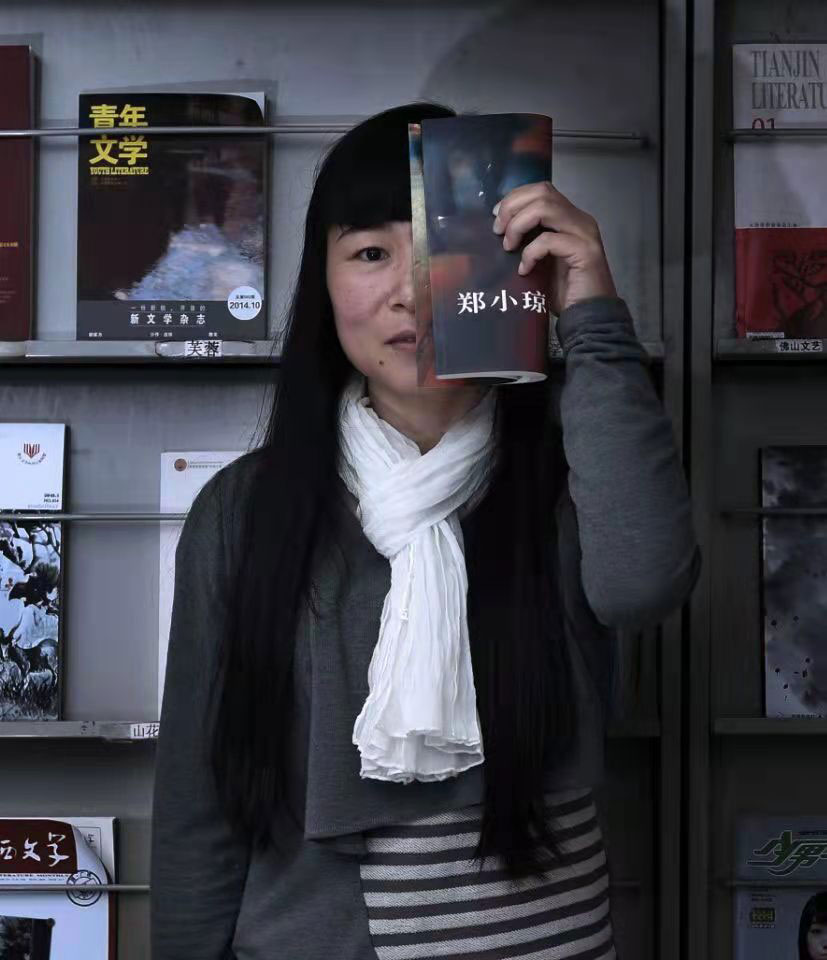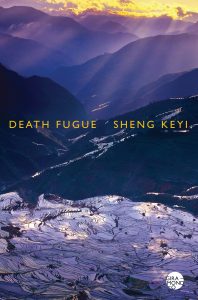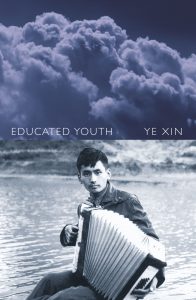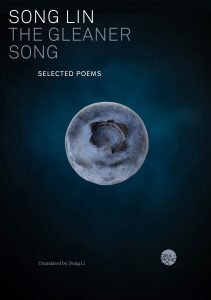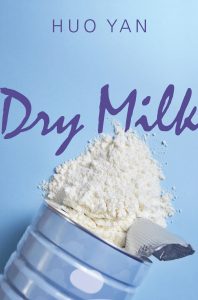Basket
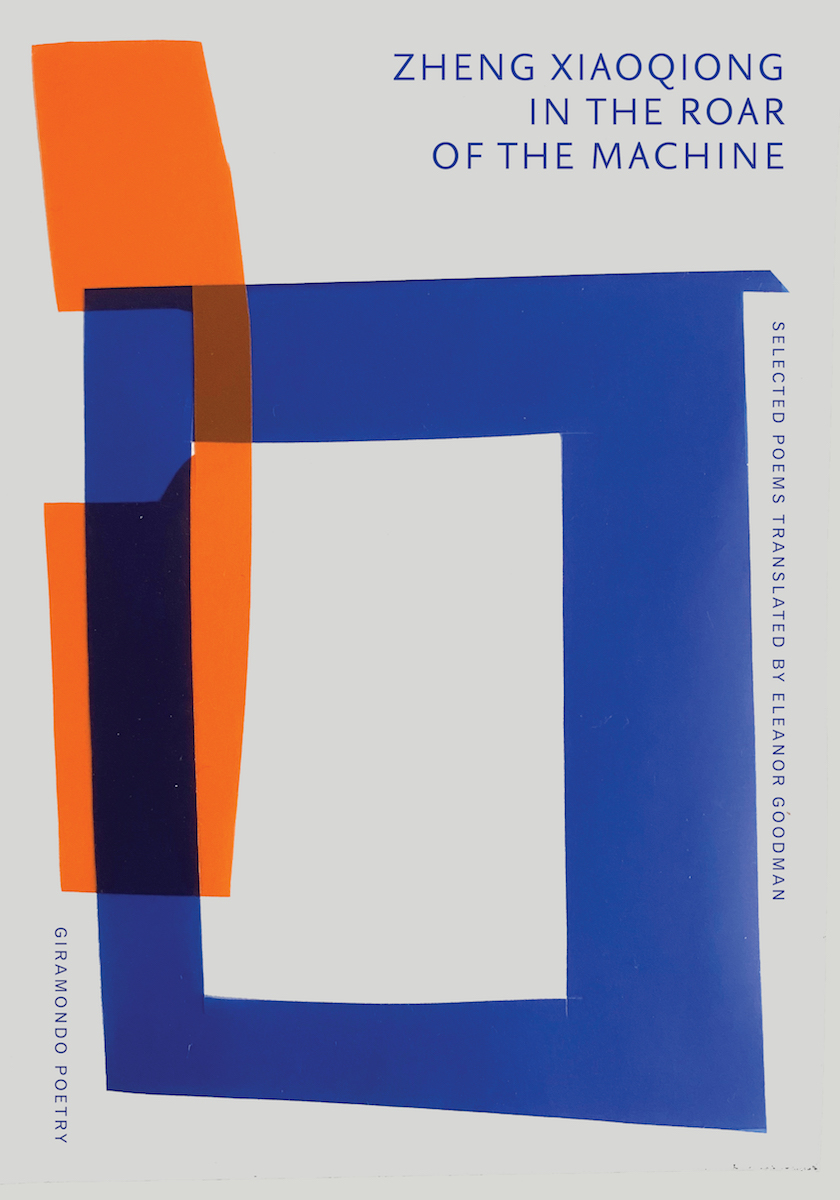
In the Roar of the Machine
This book collects some of the most influential and moving work of the poet Zheng Xiaoqiong, who spent nearly a decade at the beginning of the century working in the newly created factories and warehouses in what has become one of the largest manufacturing centres in the world, southern China. Her poetry is full of the dramatic details of days and nights spent in physical labor, the din of the workshops, the acute dangers associated with working with heavy machinery, and the exploitation, abuse, and indignity workers are subject to given the pressures of global capitalism and a lack of oversight and protection. But the poems also speak of pleasure and of love, memories of the ancestors, the natural environment of southern China and her native Huangma Mountains in central Sichuan. Zheng writes moving portraits of her fellow workers, voices the rarely addressed issues facing women workers in particular, and paints a vivid picture of the vast population of migrant labourers, displaced from their homes and desperately seeking ways to express their experiences. She is a poet of this century, speaking to a community which consumes the products of this labour: from iPhones to Christmas decorations to the components of machinery used across the world.
SHORTLISTED: American Literary Translators Association – Lucien Stryk Asian Translation Prize 2023
A gripping collection…At once brutal and tender, Zheng Xiaoqiong’s poetry offers a sharp counter to the quiet pastorals and metaphysical musings that have long dominated the landscape of Chinese poetry in translation. These poems demand to be felt in the body and dare readers not to turn away from the blood, toil, and disease therein. In Goodman’s dauntless translation, the sweat of the assembly line, the hard edges of the employee ID card, and the steel-forged struggle shaping the lives of the working-class women and migrant laborers on whom Zheng has trained an incisive eye are brought into vivid relief.
Lucien Stryk Asian Translation Prize, judges’ comments
Characterized by stark oppositions, personifications, and broken phrases, her work is razor-sharp in its observations…Her poems reveal how pervasive industrialization ensures that humans become part of the machine: nameless, a number on an assembly line, without rights.
Silvia Marijnissen
At one level her work depicts the painful vulnerability of migrant workers within the grist of factory life, but she does so within a kind of industrial pastoral where machines, fire, and, above all, iron convulse into a terrifying sublime.
Jonathan Stalling
One of the most significant living Chinese poets…Though she seems to come out of a world completely foreign to the traditional poetry reader, her work has a universal resonance. As such, her writing is more than a wellspring of meaning for each reader; it is an ocean that connects readers from worlds that might otherwise never meet.
Simon Shieh, SupChina
About the Author & Translator
Reviews
While she is always a writer of the migrant experience, Zheng Xiaoqiong is much more than a poet of the factory floor.
Nick Admussen

